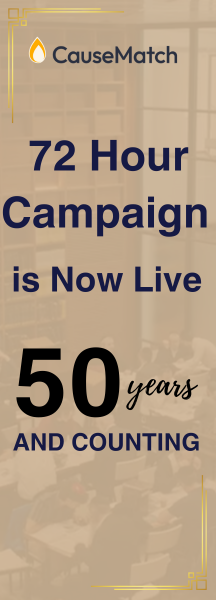Kiddush Levanah: Under the Light of the Silvery Moon (Part 6)
“My walk on the moon lasted three days. My walk with
Charles Duke – Lunar Module Pilot, Apollo 16
Kiddush Levanah then continues with the following sentence that is repeated three times: Blessed is He Who fashioned you – Yotzrech, blessed is He Who made you – Osech, blessed be your Owner – Konech, blessed is your Creator – Borech.
By studying the natural world we are able to appreciate the myriad, complex details that each and every element is comprised of. As we contemplate the beauty and the symbolism of the moon it is supposed to remind us of the fact that Hashem created not just the moon but each of us as well. He fashioned us and made us and we are beholden to Him because He is our Creator. But we are not created identically. Each person has been individually fashioned by the Master Craftsman, Himself.
The Ohr HaChaim haKadosh writes (Shemot 22:6) that there is not one single moment when Hashem isn’t working for each single individual.
But, just as Hashem is working for us so, too, we must to work for Hashem. The third of the Ten Commandments states (ibid. 20:7), “You shall not take the Name of Hashem, your
The legendary Mashgiach of the Mir Yeshivah in Belarus, Rabbi Yerucham Levovitz (1873-1936) points out that no two blessings that Yaakov blesses his children with are the same. And then he adds an acutely poignant and thought-provoking idea. Many parents have the custom to bless their children on Friday night. And when they do so they invest a lot of intent and thought as to what they expect from them. How they would like to see their children turn out. But, sometimes, it might be possible that the parent’s intent is for their child to succeed in the areas that the parent, themselves, didn’t succeed in. The parent projects on to their child their own unmet dreams and aspirations. If a parent has in mind what is best for the parent, it is similar to watering a plot of earth that has no seeds in it. Nothing can grow there because the most vital ingredient of all is missing. In the same way, if the Brachot that we bless our children with are to be effective, they have to be based on the unique needs of each individual child – not the unfulfilled aspirations of the parent.
Or, as the Kotzker Rebbe pithily and concisely would say, there is nothing as unequal as equal treatment of children!
Perhaps that can explain a fascinating detail in our prayer. The first letter of each descriptive verb in Hebrew – Yotzrech, Osech, Konech, Borech – spell out the name Yaakov. Because Yaakov recognized the latent talents within each of his children. And by doing so he was able to bless each one that they successfully tap into their individuality so that they are able to serve Hashem to their fullest.
To be continued…







